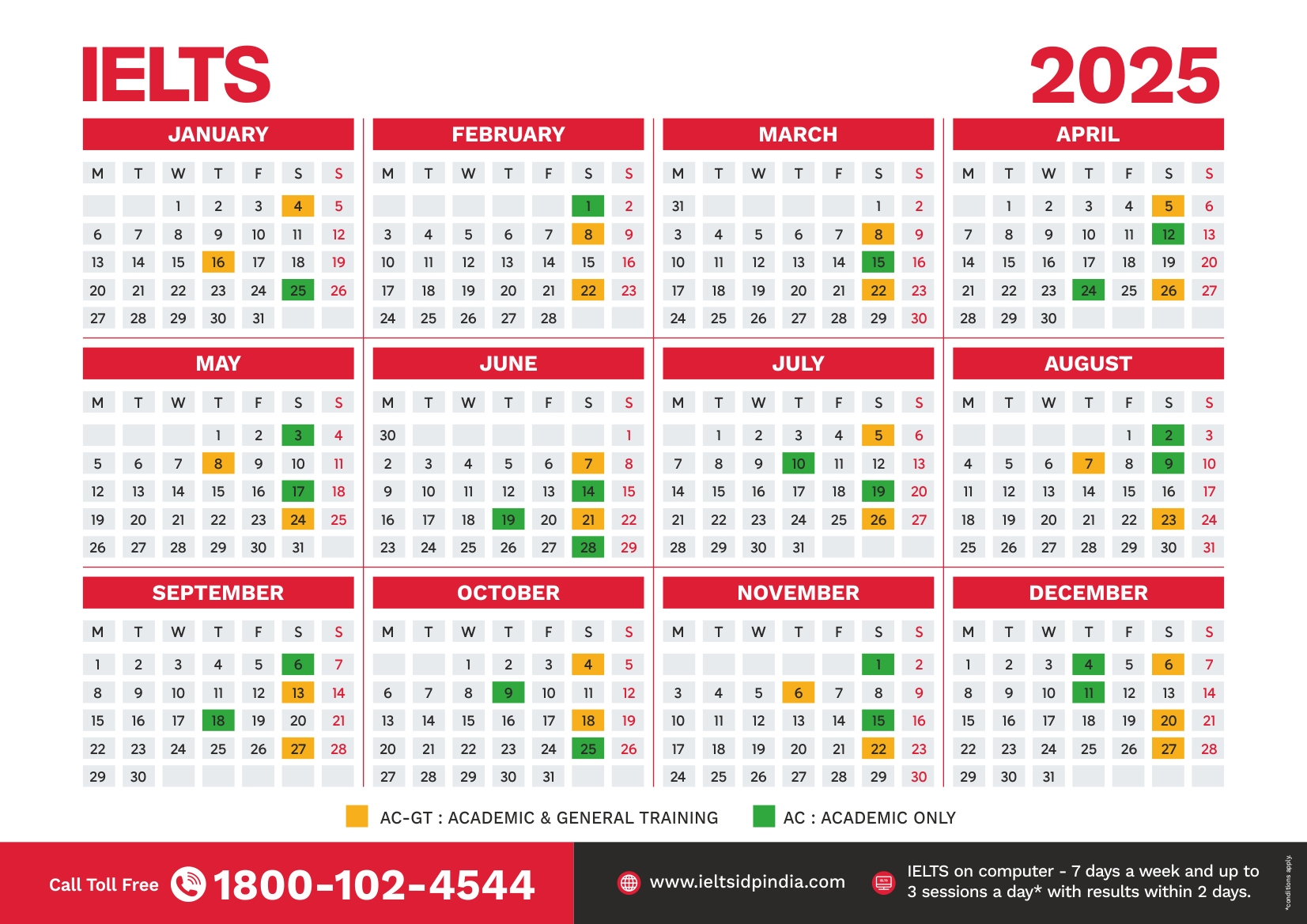Are you considering taking the IELTS exam? If so, you may be wondering how the exam works and what to expect. IELTS, which stands for International English Language Testing System, is a standardized test that measures a person’s proficiency in the English language. It is commonly used for academic and immigration purposes, and is recognized by universities and organizations around the world.
Before you take the exam, it’s important to understand how it works and what you need to do to prepare. Here is a breakdown of how the IELTS exam works:
How Does IELTS Work
First and foremost, the IELTS exam consists of four main components: Listening, Reading, Writing, and Speaking. Each section is designed to assess different language skills, and all four sections are taken on the same day. The total test time is approximately 2 hours and 45 minutes.
The Listening section involves listening to recordings of native English speakers and answering questions based on what you hear. The Reading section tests your ability to understand written English, while the Writing section requires you to write essays or reports. Finally, the Speaking section is a face-to-face interview with an examiner, where you will be asked questions about various topics.
IELTS scores are reported on a scale from 0 to 9, with 9 being the highest score. Different institutions and organizations have different score requirements, so it’s important to research the score needed for your specific purpose. Scores are typically valid for two years.
To prepare for the IELTS exam, it is recommended to practice each section regularly and familiarize yourself with the format of the test. There are many resources available, such as practice tests and study guides, to help you prepare. It’s also a good idea to consider taking a preparation course to improve your skills.
In conclusion, the IELTS exam is a comprehensive test that assesses your English language proficiency in various areas. By understanding how the exam works and preparing effectively, you can increase your chances of achieving a high score. Good luck on your IELTS journey!
